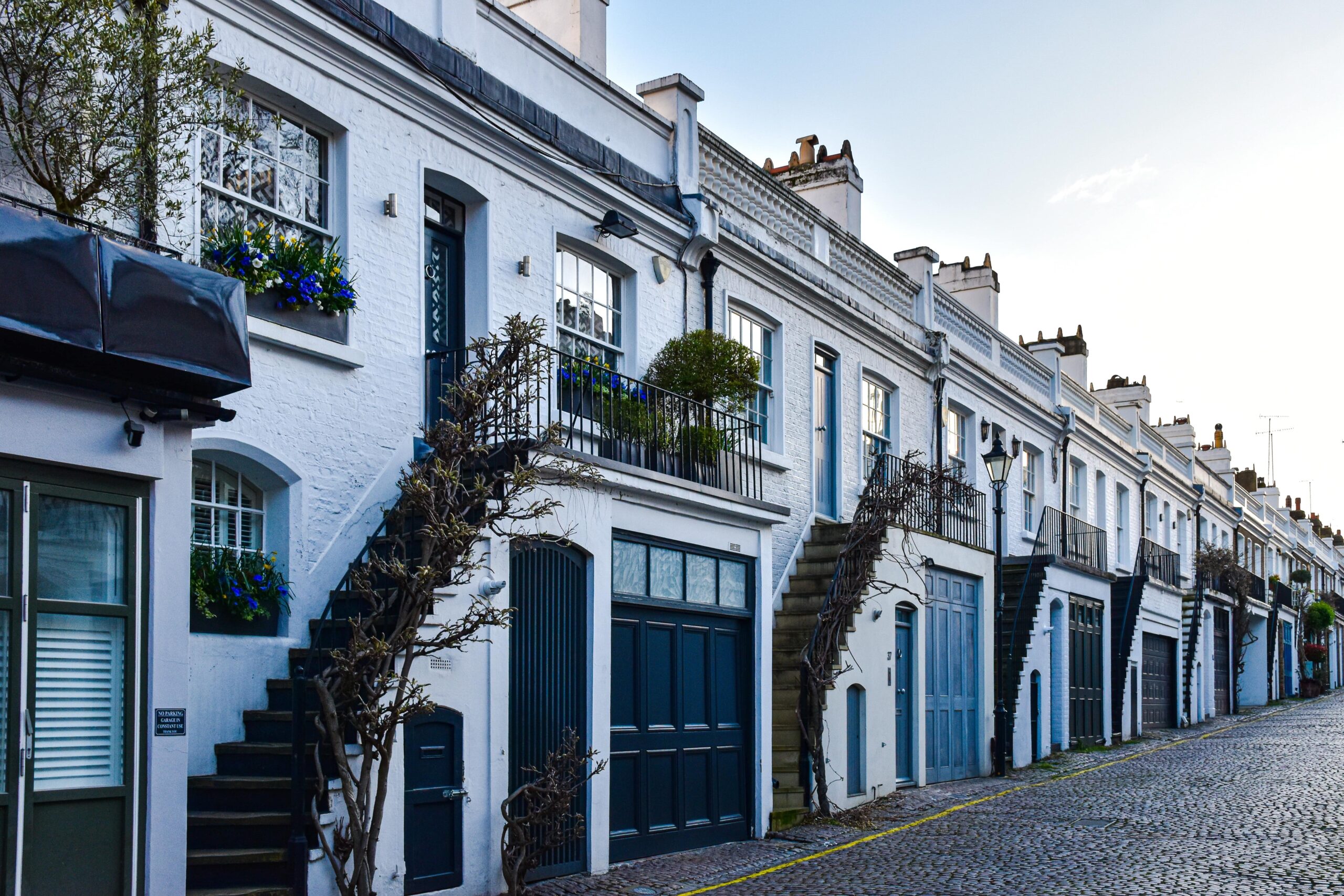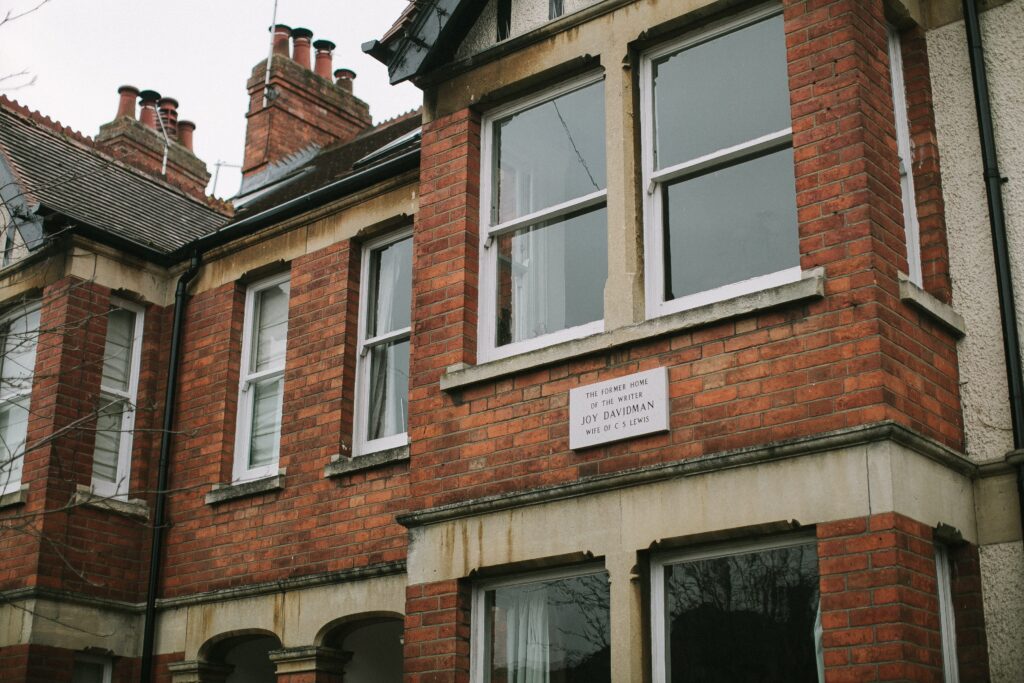Best Properties to Sell at Auction
While you can auction any property, some tend to perform better in this setting than through traditional estate agency sales. This guide highlights which properties excel at auction sales.
Let’s simplify your property auction journey.
Although almost any property can be auctioned, certain ones stand out and may even fetch higher prices at auctions than through estate agents. Properties ripe for upgrades or development, for instance, see great demand and truly benefit from the auction’s competitive nature.
Updated by Mark Grantham on 22nd May 2022
Advantages of Selling at Auction:
✔ You get the top bid.
✔ No risk of sales collapsing.
✔ Buyers take the property “as is.”
Considering an auction? Let us guide you through a seamless experience.
When evaluating if a property is fit for auction, its “auction appeal” is a key consideration. Properties that are a hit at auctions usually fall into these groups:
While most properties can fetch a good price at auctions given the right market conditions, high-end or luxury homes might fare better with estate agents.
Examples of Properties Suited for Auctions:
Regular Residential Homes (High Demand):
These are typically brick and block structures with a sloped, tiled roof set on concrete foundations. Given that most lenders readily finance such standard-built homes, selling one at an auction often attracts a significant number of buyers. Especially attractive are those properties with potential for enhancement, like needing updates or possible future extensions or developments.
Thinking about an auction sale? Let us simplify the process for you.

Properties with non-traditional builds, like those with concrete walls or steel frames, often face financing challenges. Many mortgage companies are hesitant about these properties, making it tricky for regular sales. Auctioning to cash buyers can speed up the sale without the wait on lenders. Remember, potential buyers might factor in the costs of converting the property to a more mainstream build to ensure future financing.
Considering auctioning an unconventional property? We’re here to help guide the way.
Most estate agents agree: let the new owner decide on upgrades. If you install new carpets, the buyer might have preferred hardwood or a different carpet style.
Unmodernized Properties Shine at Auctions:
Auctions are ideal for homes that need a facelift, especially in prime locations. At auctions, the market determines the property’s worth. If one bidder estimates a £40,000 renovation, another who sees it as a £10,000 job might outbid them. The highest bidder wins, with no room for negotiation or second thoughts.
Selling Run-down Properties:
Some view distressed properties as burdens. The thought of quickly offloading, even at a lower price, might seem appealing due to security concerns, squatter risks, or worsening conditions. Additionally, selling can feel daunting, and unfortunately, some buyers might exploit a seller’s urgency. There are even tales of estate agents playing a part.
However, remember: even if it’s in disrepair, your property is an asset, not a burden. People see value in such places, and it’s crucial to showcase it to the broadest audience.
Considering an auction for your property? Let us simplify and maximize the process for you.

Properties Bursting with Potential:
The key to selling a property with untapped potential lies in stirring competition. Unlike the traditional estate agent route, which zeroes in on one buyer, auctions let buyers vie for the property. For seasoned and rookie property investors alike, signs of an old-fashioned bathroom or neglected garden hint at profitable opportunities.
When it comes to pricing, experienced investors have the knack to renovate cost-effectively. Meanwhile, DIY beginners often underestimate refurbishment costs, leading them to bid higher. Surprisingly, properties in need might fetch higher prices at auctions than at estate agent-listed prices.
Major organizations, from mortgage firms to councils, prefer auctions for selling these properties, primarily due to the potential for higher profit.
Hoarder Homes:
Auctions let properties be “sold as seen,” making them perfect for selling homes brimming with personal items. While you can sell such houses through estate agents or directly to developers, the process can be sluggish and uncertain. With auctions, buyers complete their due diligence beforehand. Once they place the winning bid, it’s legally binding—no backtracking or renegotiations.
Homes with Structural Concerns:
These properties generally attract builders or developers who possess the expertise to fix the issues. Auctions gather a crowd of such professionals eager for new projects, ready to dive into a new venture soon after.
However, transparency is essential. Disclose known structural problems—it’s legally mandated. Failing to do so can lead to claims against you. More information boosts a bidder’s confidence, making them more likely to invest. On this note, we’ve encountered many homeowners hoping to swiftly auction properties affected by Japanese Knotweed without disclosure. Always be open about such issues.
Considering an auction? Let us guide you for the best results.
Short Lease Homes:
Properties with short leases often find their way to auctions, especially when they’ve been overlooked or stem from probate sales. Instead of extending the lease pre-sale, most owners sell with the lease’s current status but allow buyers the right to extend. This typically involves the seller serving a section 42 notice to the landlord post-exchange. Then, the buyer gains the right to extend the lease as though they’ve held the property for two years. However, note that only property holders for over two years or probate representatives within two years of the probate grant can serve such notice. For in-depth details, check our short lease flat selling guide.
Ex-Local Authority Properties:
Selling your ex-council property? Take heed of a few factors. High-rise or concrete flats might not be mortgage-friendly, making estate agent sales challenging. Some mortgage providers even evaluate the private ownership percentage in a block, often expecting over 50%. In such scenarios, auctions shine, casting a net over a vast cash buyer pool, like buy-to-let investors. Depending on property appeal and the owner’s situation, selling through estate agents might still be viable, especially in areas with housing demands.
Probate/Inherited Homes:
“Probate property” tags homes that are part of deceased estates and get auctioned off before estate distribution. Notably, about 10% of market properties stem from probate sales. Being a significant estate chunk, they usually need upgrades – think outdated décor or aged electrics. But where buyers see room for enhancement, they see opportunity.
These properties, especially in coveted areas, generate intense interest. Sometimes, bids even align with well-maintained neighboring property values, though buyers might underestimate refurbishment costs. Just imagine: pre-auction property viewings might attract hundreds, generating a fierce bidding atmosphere on the day. Curious about navigating probate property sales at auctions? Dive into our detailed guide.
Considering selling through an auction? Let us be your compass.

Land, be it with or without planning permissions, often finds its way to auction rooms. Here’s why:
Swift Transactions: Development sites, regardless of their permissions, benefit from auctions due to the immediacy of transactions. Once the hammer falls, purchasers can promptly start their developmental ventures, avoiding the delays typical of estate agent sales.
Heightened Prices through Competition: Auctions have the added advantage of price elevation through bidding wars. If there’s demand, even smaller parcels of land can command impressive prices. For instance, when neighboring parties compete for a plot, prices can skyrocket unexpectedly.
Lock-up garages, especially when sold in blocks, are popular auction commodities. Here’s a breakdown:
Affordability and Potential: Garages are relatively affordable, making them accessible to a broader range of buyers. Their potential for development or conversion can also pique interest. For context:
Provinces: A single lock-up might go for about £10,000.
Town Centers: The same garage could attract close to £20,000.
Central London: A single garage can soar to the £100,000 mark.
Auctioneer’s Fee: If you’re considering selling a garage at auction, be wary of the associated fees. Given the typically lower sale prices for garages, auctioneers often impose a minimum sale fee rather than the usual commission percentage. These fees can fluctuate among auction houses, ranging from £1,000 to £3,000. Consequently, it’s prudent to compare auctioneer rates and ensure you’re securing the most cost-effective deal.
In essence, while traditional selling methods have their merits, auctions can offer distinct advantages for certain properties, plots, or garages. The speed, competitive nature, and potential for unexpected price boosts can be appealing, especially for sellers keen on swift and lucrative transactions. Always evaluate the specific characteristics of your asset to determine the optimal sales method.
Unmortgageable properties are those that can’t secure lending from a mortgage provider. This predicament can significantly limit potential buyers, often leading to a 20% decrease in the property’s value. Let’s delve into why a property becomes unmortgageable and the possible avenues to address this.
Primarily, a property should act as secure collateral for lenders. Thus, the property’s insurability is paramount. Factors like structural issues can lead to its classification as unmortgageable.
Possible Solutions:
If a property’s insurance status causes its unmortgageability, seeking a specialist insurer can be invaluable. Having your property insured makes it mortgageable again. Selling the property at an auction? It’s wise to include the insurance schedule in the legal documentation, assuring potential buyers of the property’s insurability.
Various factors can deem a property unmortgageable. Some examples include:
Such properties often encounter sales hurdles via traditional estate agents, making auctions a preferable sales method.
Properties with a unique character often pose valuation challenges due to the absence of direct comparatives. Here are a few scenarios:
High-End Studio Flats: Consider a compact, high-spec studio in a coveted area. Its premium fixtures and innovative designs make conventional valuation methods, like price per square foot, inept. In such cases, auctions can be beneficial, letting the market dictate the property’s true worth.
Bespoke Designed Houses: Imagine a modern, custom-built residence. While auctions serve niche properties well, this might not be the best platform for such assets. If there’s limited scope for adding value, these properties often fare better through estate agents rather than auctions.
In summary, the nature of your property and its specific challenges will dictate the best sales method. While traditional routes work for some, auctions provide an unparalleled avenue for properties that defy conventional sales norms. Always ensure your approach aligns with your property’s unique characteristics to maximize value.
Monday – Friday 9am – 5pm
Copyright © 2024 Location Moves Ltd I All Rights Reserved I Privacy Policy / Referral Disclaimer I Kent Estate Agents